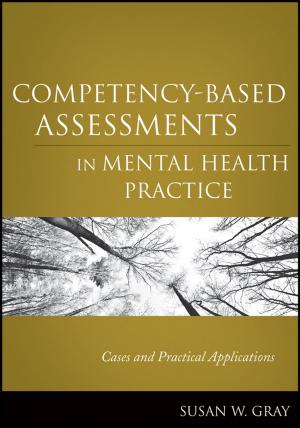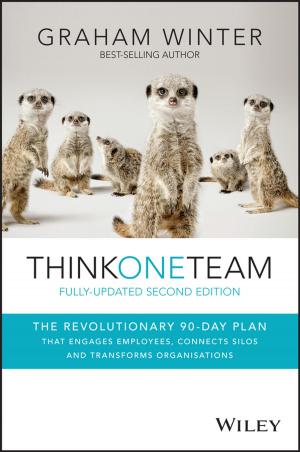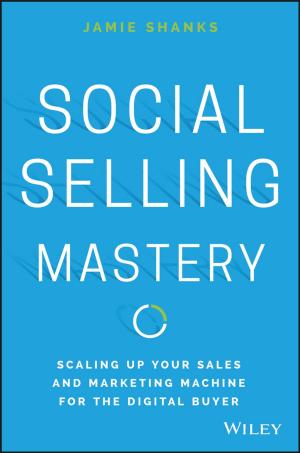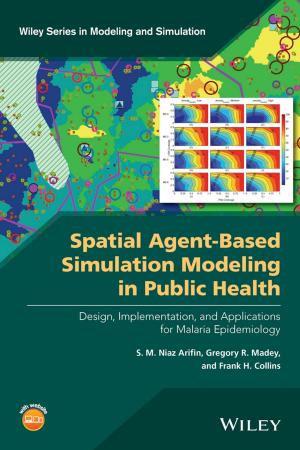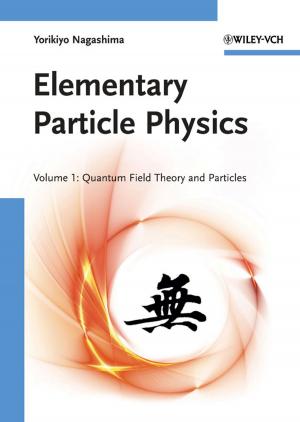| Author: | Chase Wrenn | ISBN: | 9780745688145 |
| Publisher: | Wiley | Publication: | December 23, 2014 |
| Imprint: | Polity | Language: | English |
| Author: | Chase Wrenn |
| ISBN: | 9780745688145 |
| Publisher: | Wiley |
| Publication: | December 23, 2014 |
| Imprint: | Polity |
| Language: | English |
What is truth? Is there anything that all truths have in common that makes them true rather than false? Is truth independent of human thought, or does it depend in some way on what we believe or what we would be justified in believing? In what sense, if any, is it better for beliefs or statements to be true than to be false?
In this engaging and accessible new introduction Chase Wrenn surveys a variety of theories of the nature of truth and evaluates their philosophical costs and benefits. Paying particular attention to how the theories accommodate realist intuitions and make sense of truth’s value, he discusses a full range of theories from classical correspondence to relatively new deflationary and pluralist accounts. The book provides a clear, non-technical entry point to contemporary debates about truth for non-specialists. Specialists will also find new contributions to those debates, including a new argument for the superiority of deflationism to causal correspondence and pluralist theories.
Drawing on a range of traditional and contemporary debates, this book will be of interest to students and scholars alike and anyone interested in the nature and value of truth.
What is truth? Is there anything that all truths have in common that makes them true rather than false? Is truth independent of human thought, or does it depend in some way on what we believe or what we would be justified in believing? In what sense, if any, is it better for beliefs or statements to be true than to be false?
In this engaging and accessible new introduction Chase Wrenn surveys a variety of theories of the nature of truth and evaluates their philosophical costs and benefits. Paying particular attention to how the theories accommodate realist intuitions and make sense of truth’s value, he discusses a full range of theories from classical correspondence to relatively new deflationary and pluralist accounts. The book provides a clear, non-technical entry point to contemporary debates about truth for non-specialists. Specialists will also find new contributions to those debates, including a new argument for the superiority of deflationism to causal correspondence and pluralist theories.
Drawing on a range of traditional and contemporary debates, this book will be of interest to students and scholars alike and anyone interested in the nature and value of truth.



